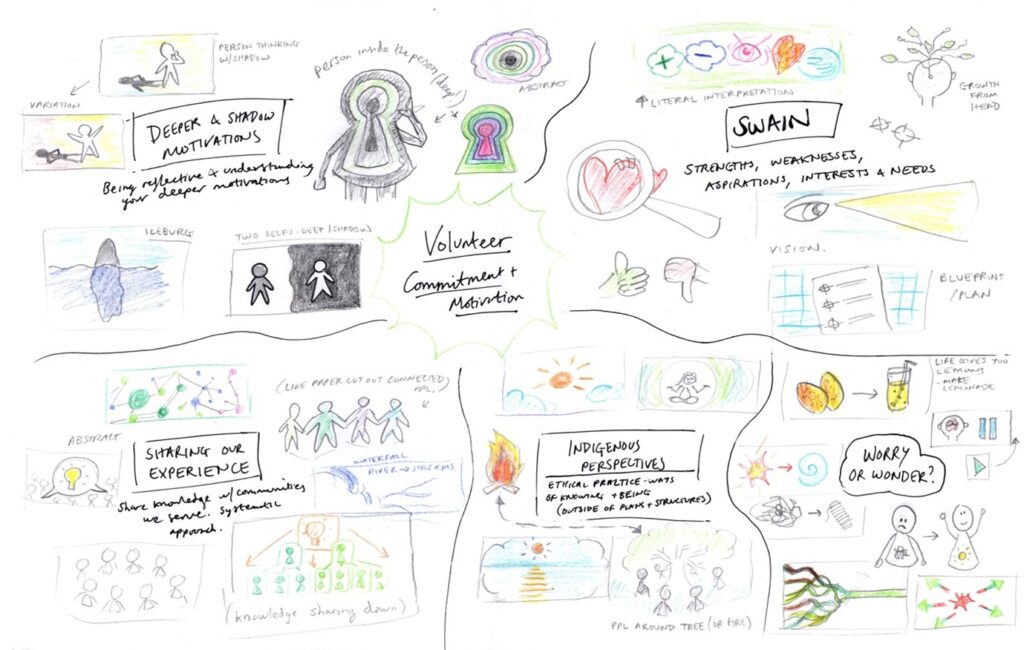How can research support volunteering?
Over the past 10 years, I have taught students fresh from work or voluntary experience in the charity and non-profit sectors.
Students frequently share their experiences of surprise and anxiety as the volunteered. These have included a consciousness of exclusionary management practices towards people from the global majority, shock at the harsh realities for migrants at the US-Mexico border and consternation at the lack of recycling practices in a community setting.
What does this tell us about the support that volunteers need?
With over 14 million people involved in formal volunteering and 61% charities struggling to recruit volunteers, what can a researcher do to make any meaningful difference?
Previous work with small charities in east London had attuned me to the acute time scarcity for anyone working in a micro or small charity. Likewise, recent evidence points to the small charity sector being disproportionately impacted by the post-pandemic world of declining income and increased need. My response, in early 2023, was to put together a small research team with students and four charity partners (Freedom2, Care4Calais, Newham Renewal Programme, INADES) to begin to understand the range of reflective practice tools available that may be of help. We searched across disciplines from accountancy to youth work. Details of our methodology are here.
Why reflective practice?
There is evidence that volunteer retention is better served by centring the volunteer experience and helping volunteers to make meaning out of significant experiences (Piatak and Carman, 2023). This is precisely what reflective practice does. It provides a framework around which we can reflect on our experiences in the moment and after to learn for the future.
Our partners identified four priorities as they related to volunteering: their training, their commitment and motivation, their relationship to resource constraints and their diversity. Our research found 64 models of reflective practice out of 122 research outputs which addressed these partner priorities. However, when partners ranked these models, 79 were considered of little relevance to partner priorities and 21 models were considered relevant.
Out of this process emerged a “short list” of models of reflective practice that we began to workshop over the spring and summer of 2024 to test their practical utility to volunteers and charities.
But how to convey complex conceptual models in a quick and accessible way to busy volunteers and small charity colleagues? This is where we brought in graphic designer, Charlie Minnion, and I began the steep learning curve of thinking visually. Thank goodness for Charlie!
Here is one of the early set of sketches for the volunteer commitment and motivation cards.

We have now developed, tested and launched the free resource pack – Volunteer, Reflect, Grow: Cards to inspire and sustain volunteering. This is a collection of 27 cards, each introducing a model of reflective practice.
Each card is colour-coded using the four partner priority themes and provides an academic reference for further reading. There are three guidance cards, which explain the background to the project, offer good reasons to use the cards and suggest ways of using them for volunteers, charity leaders or volunteer coordinators.

The full digital resource is available for use here. I would be happy to send a hard copy pack to anyone who emails me and to find out how you are using the cards.
This resource will be used in our new Charity Sofa initiative that is launching on 29 January at UEL. The Charity Sofa will be a weekly online space where we sit with small charities, listen, offer ideas, support and advice, drawing on the expertise of our colleagues, alumni and students.
Email: [email protected]
Instagram: Sus.dev.ngo
Category
News & Views
